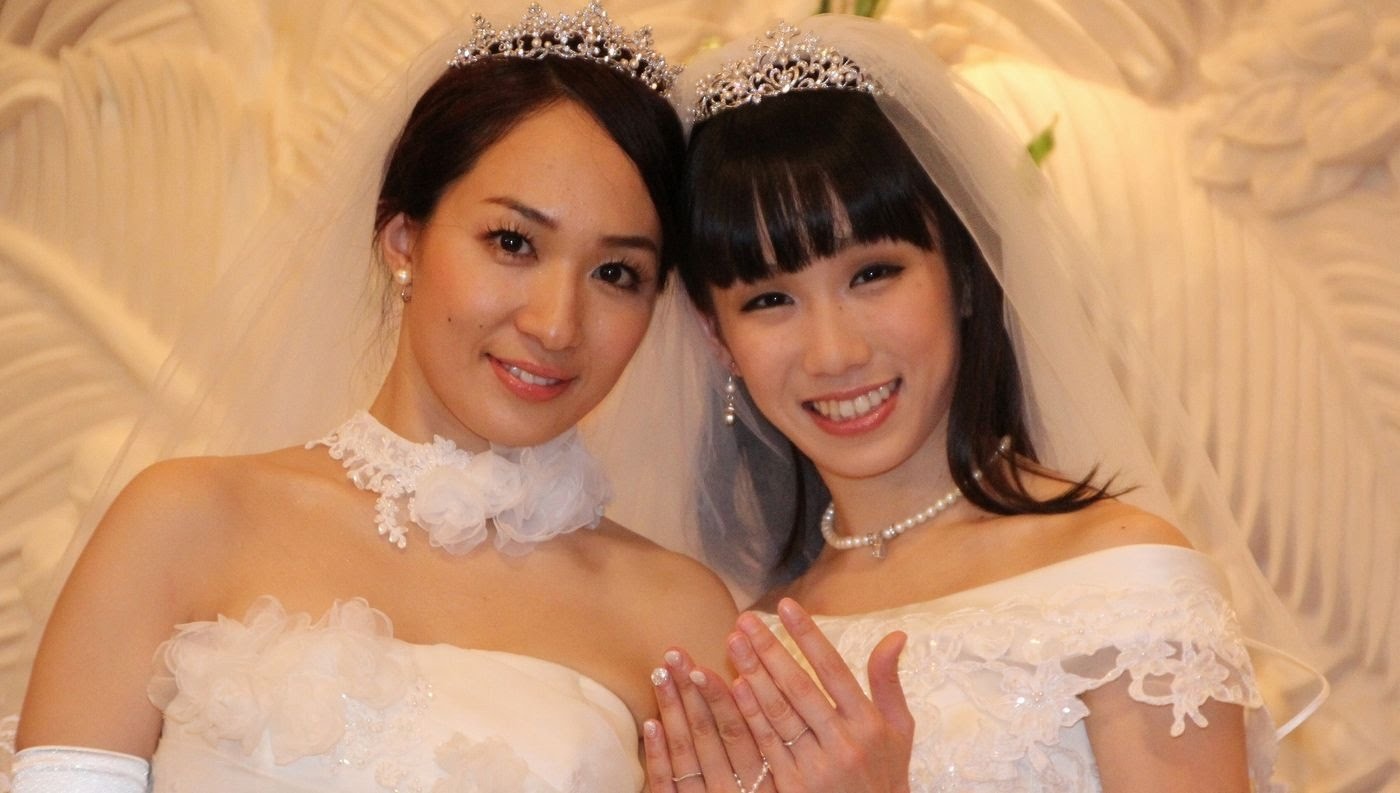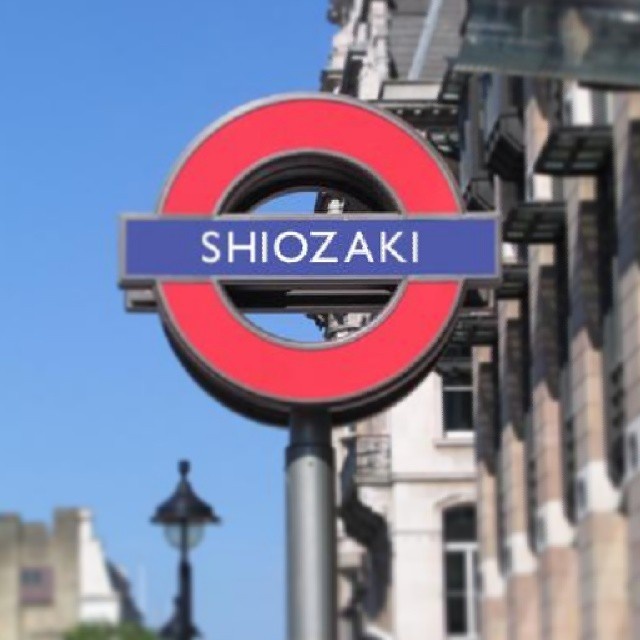LGBT+ Icons in Japan
Just as in Western countries, celebrities in Japan have been known to put their weight behind various social causes. As the rights of the LGBT+ community are becoming a huge topic in both people's personal lives and the corporate sphere in Japan, a number of Japanese LGBT+ icons have been leading the conversation—some for a very long time!
By Thomas ShiozakiMatsuko Deluxe ('Matsuko')
https://www.youtube.com/watch?v=TwRb0xRMFGg
Matsuko Deluxe (マツコ・デラックス) is a famous Japanese TV host and writer known for his cross-dressing persona, marked by long dresses and blunt commentary. He is also a well-known LGBT+ symbol, never shying away from speaking out in defense of homosexuality.
Before standing in front of the camera, he worked as a journalist and editor for Japanese gay magazine Badi. He has become an instantly recognizable presence on Japanese TV since his debut in 2000, and topped Nikkei Entertainment magazine's Talent Power Ranking for two consecutive years from 2015 to 2016.
He has never hidden his love for guys from the public eye, and used to be a regular presence in Shinjuku Ni-chome, Tokyo's "gay district," where he was once the proprietor of a gay bar.
Mitsu Dan
https://www.youtube.com/watch?v=JCfIwy6ElHA&index=8&list=PLZu7PQ7q_lo2Hjkmja0f272m6ykwnLQvk
Mitsu Dan (壇 蜜・Dan Mitsu) is a highly successful model and actress, making waves in television and movies, commercials and more. She's well known for her seductive look and aggressive comments on risque subjects—not to mention her breakout appearance in the BDSM erotic thriller Be My Slave (私の奴隷になりなさい・Watashi no Dorei ni Narinasai).
She caused a media stir by confirming her rumored bisexuality in 2012. Considered a lesbian/bisexual star, her background before becoming a celebrity included working in a wagashi (traditional Japanese confection) factory, in a hostess club, and even in a funeral house. Maybe that's why she's never afraid of speaking her mind!
Ayaka Ichinose & Akane Sugimori
https://www.youtube.com/watch?v=Z-i9EBFO_FI
One of Japan's biggest stories of 2015 was the wedding of two actresses, Ayaka Ichinose (一ノ瀬文香・Ichinose Ayaka) and Akane Sugimori (杉森茜・Sugimori Akane). The two met in Ni-chome in 2012, moved in together in 2013, and were engaged in 2014. They wed in Shinjuku with great fanfare in 2015, though the gesture was a purely symbolic one designed to raise awareness—while Tokyo's Shibuya Ward and Setagaya District offer a form of recognition to same-sex couples, Shinjuku does not. They hope to challenge Article 24 of the Japanese Constitution, which states, “Marriage shall be based only on the mutual consent of both sexes.”
Akihiro Miwa
https://www.youtube.com/watch?v=9xv7uB-QC9c
Born in 1935, Akihiro Miwa (美輪 明宏・Miwa Akihiro) is a highly popular drag queen, now easily identified by his bright yellow wig. A multitalented artist who sings, acts, writes, composes and even directs, he started his entertainment career at the age of 17, singing at a cabaret in Ginza where he befriended some of the big authors and artists of the time, including dramatist Shuji Terayama and author Yukio Mishima (Mishima was generally believed to be Miwa's long-time lover, though the precise nature of their relationship has never quite been clear).
Miwa was one of the first celebrities in Japan to come out as openly gay and support LGBT+ causes while harshly criticizing discrimination against the community. Having grown up in Nagasaki after World War II—he survived its atomic bombing on August 9, 1945—he's also a strong advocate for peace.
Overseas readers may recognize him as the voice of the wolf-god Moro in Hayao Miyazaki's Princess Mononoke, and also as the Witch of the Waste in Howl's Moving Castle.




